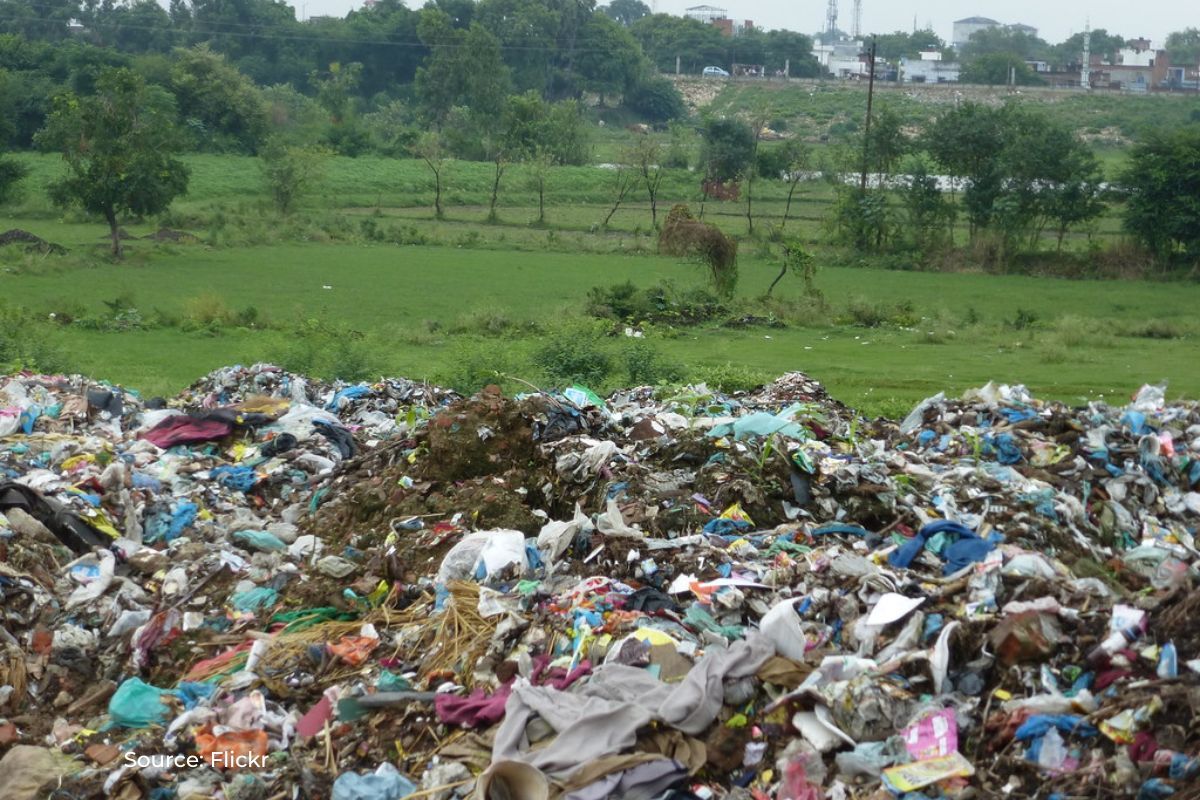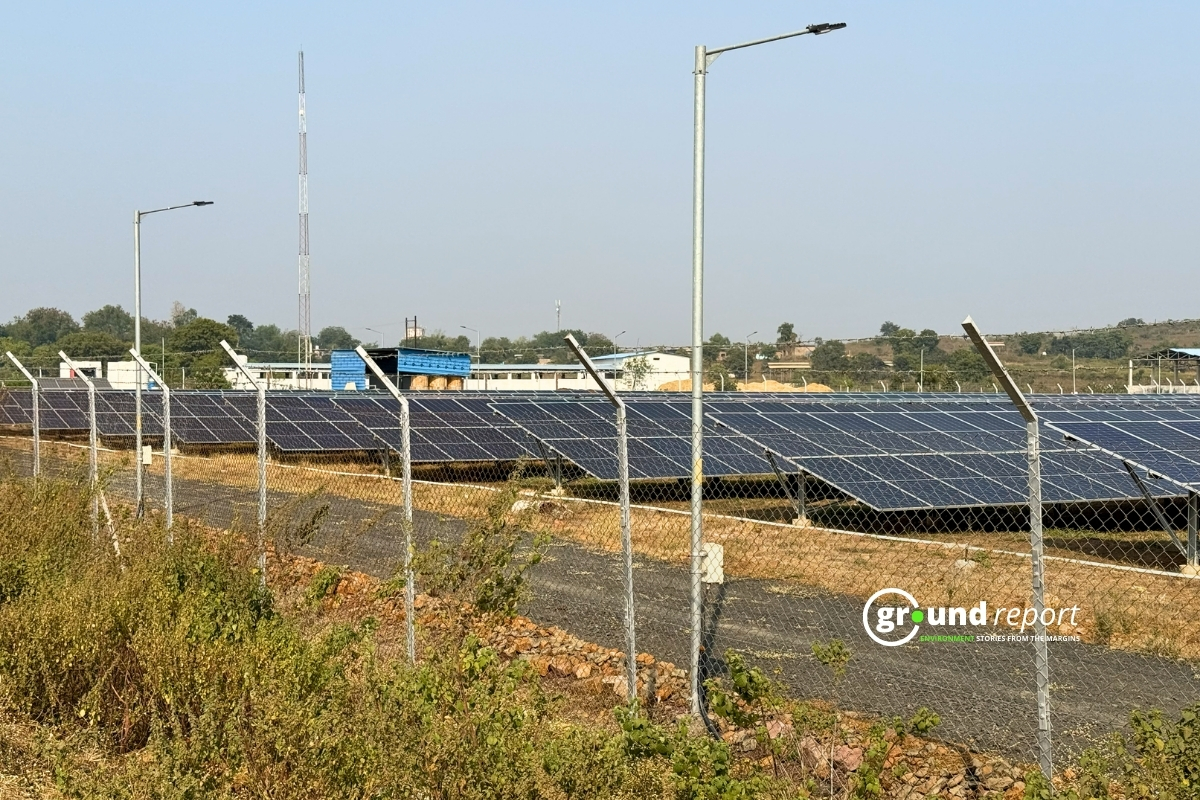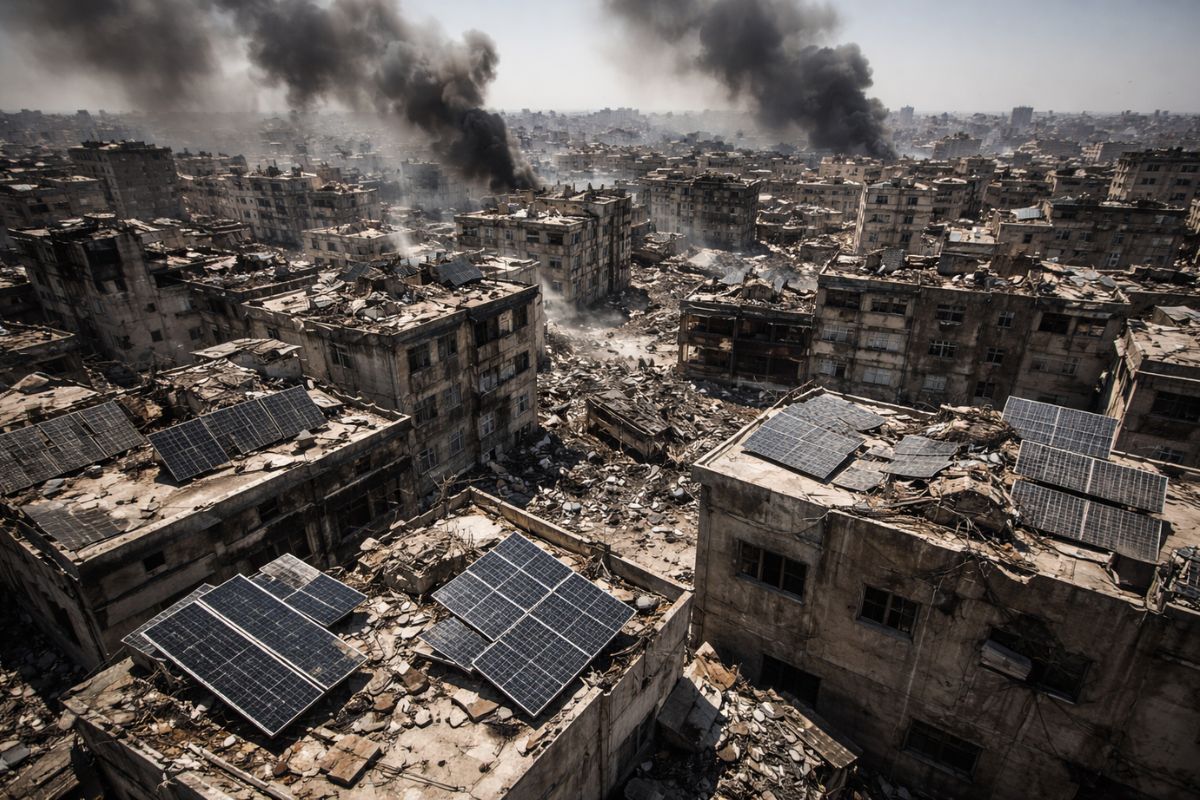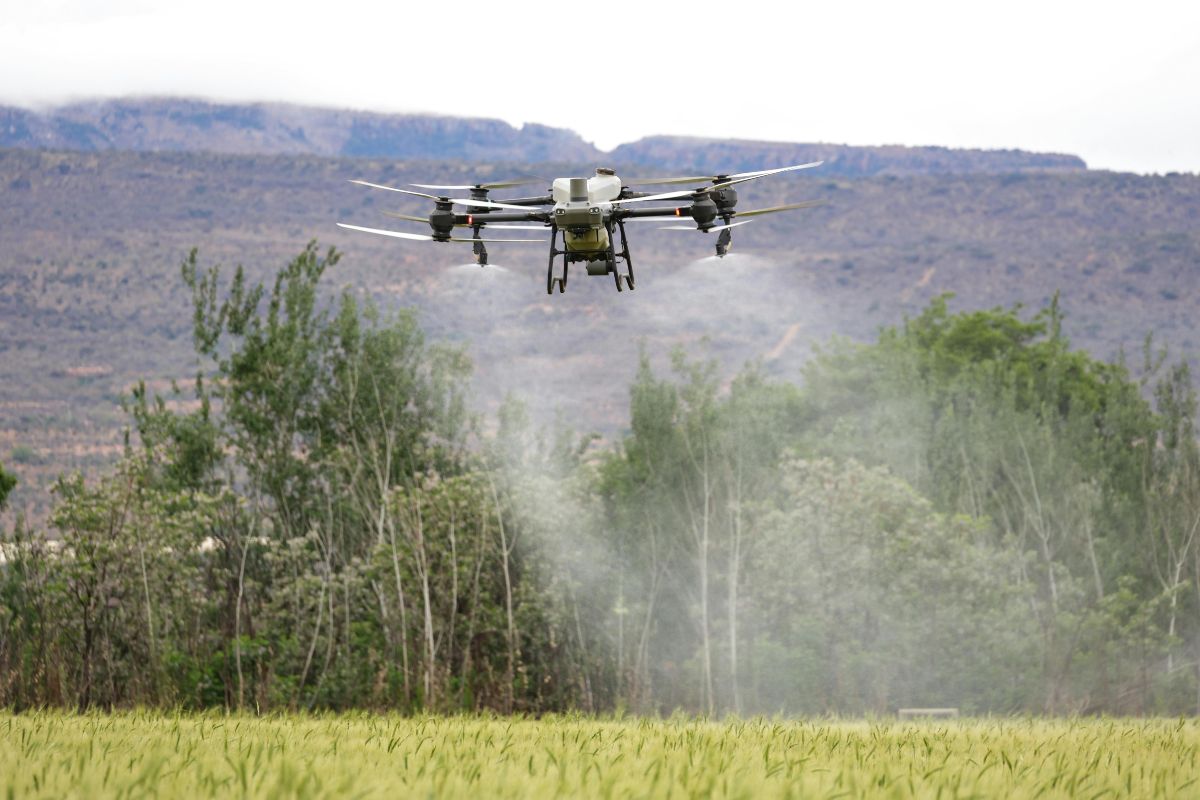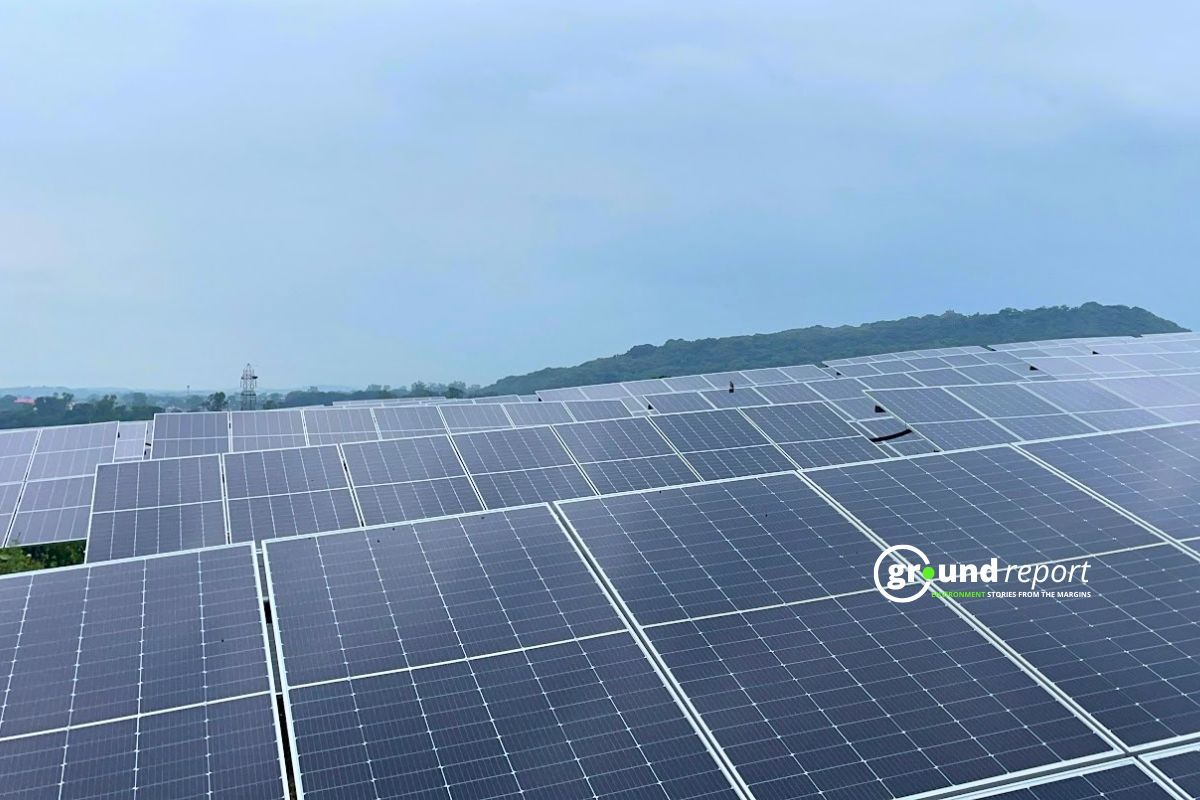India has launched the Swachh Bharat Mission 2.0 (SBM 2.0) program to make its cities free of garbage. The program focuses on the scientific treatment of waste to address current and projected waste generation in all cities.
In addition, cities are required to remediate their dumpsites that have accumulated legacy waste over the years by March 31, 2024.
According to the 2023 State of India’s Environment report, the country generates around 150,000 tonnes of municipal solid waste (MSW) every day.
However, the situation on the ground in major cities across the country is concerning. Approximately 160 million tonnes of legacy waste occupies more than 15,000 hectares (equivalent to almost 14,500 football fields) of urban land.
The Central Public Health and Environmental Engineering Organisation, under the Union Ministry of Housing and Urban Affairs, estimates that the country loses an additional 1,250 hectares of land each year due to municipal solid waste.
150,000 tonnes per day of municipal solid waste in India
Despite generating approximately 150,000 tonnes per day of municipal solid waste in India, with nearly 97% of it being collected, more than half of the waste (80,000 tonnes per day) still ends up in dumpsites or remains unattended. Of the waste generated, around 47% is treated and 27% is sent to landfills.
However, nearly 26% of waste remains unaccounted for, including waste that remains uncollected by urban local bodies (3% of the waste generated) and unattended waste (23% of the waste collected by urban local bodies) that includes recyclables picked up by informal sector workers and waste that ends up in aquatic and terrestrial systems.
Garbage heaps alongside roads and highways, although not typically classified as dumpsites by regulatory bodies, require appropriate processes for clearing.
Poor management of MSW
One of the main reasons for the poor management of MSW in India is the lack of infrastructure and resources. Many cities and towns in India do not have adequate waste collection and transportation systems, which leads to the accumulation of waste on streets and in public spaces.
3R principle
The 3R principle – Reduce, Reuse, Recycle – can be a useful approach to managing MSW. This principle encourages individuals and communities to reduce waste generation by consuming only what is necessary, reusing materials as much as possible, and recycling materials that cannot be reused.
By following this principle, we can reduce the amount of waste that needs to be managed and promote sustainable waste management practices.
Keep Reading
- Over 500 Reef Species In Australia Decline In Last Decade
- India Can Finance Equitable Energy Transition: Experts
- Deltas Most Important Rivers Of Asia Are In Danger: Study
Follow Ground Report for Climate Change and Under-Reported issues in India. Connect with us on Facebook, Twitter, Koo App, Instagram, Whatsapp and YouTube. Write us on GReport2018@gmail.com.
